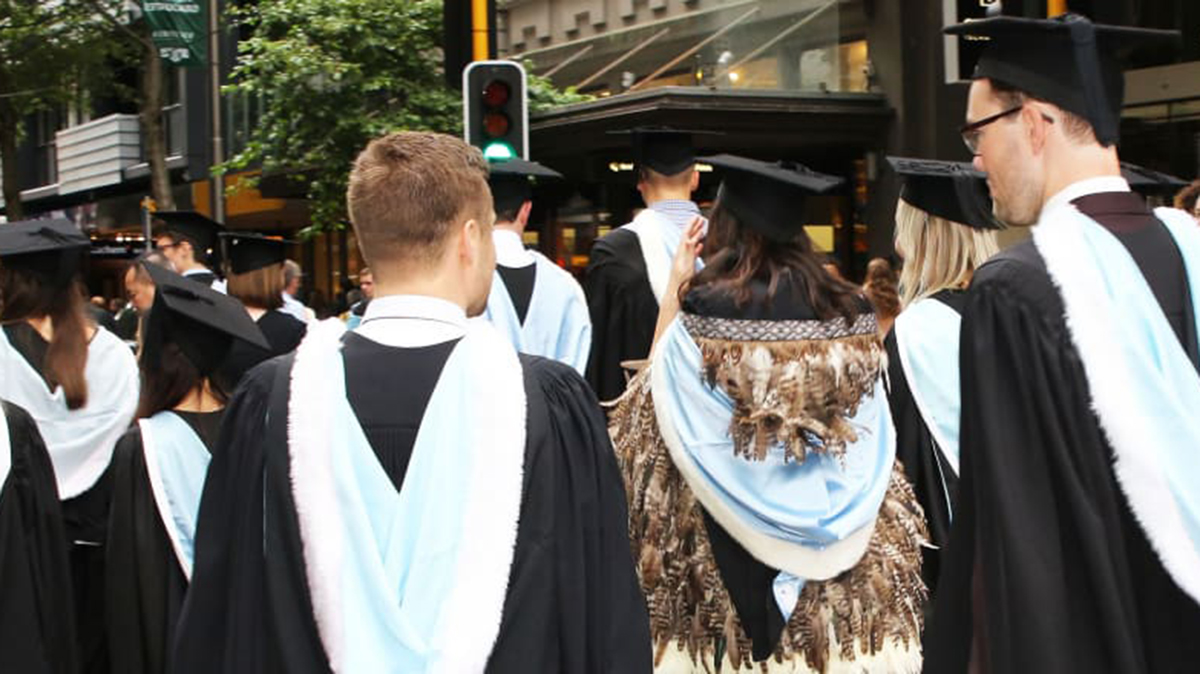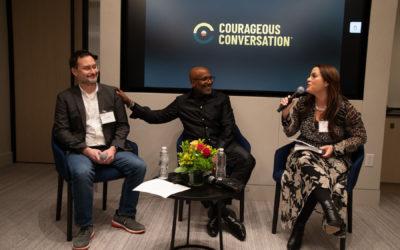By Laura Walters—June 25 2019
This year’s five Budget priorities include supporting Māori and Pasifika aspirations, and improving child wellbeing.
As part of this, the Government has given a funding boost to supporting Māori learners and addressing racism and unconscious bias in the classroom.
However, the long-term issue cannot be solved in one Budget and those working in the area say widespread racism and unconscious bias is a product of colonisation – something that will take decades to address.
UNICEF’s 2018 annual Innocenti Report Card, a study of wealthy countries, ranked New Zealand 33rd out of 38 in terms of educational equality.
Further analysis of the report found Māori students falling significantly behind on every measure of educational outcome, including secondary school retention rate, school leavers achieving NCEA Level 2, and rate of youth in education, employment or training.
Policy researcher Jess Berenston-Shaw found Māori and Pasifika children were disproportionately represented in the group of children who under-achieved, and were more likely to be excluded, or expelled, exacerbating inequality.
While there were improvements in educational wellbeing across all ethnic groups between 2009 and 2016, the gaps between groups (inequality) were static.
This disparity was also highlighted in the review of the Tomorrow’s Schools model, which promotes a model based on competition.
While there has been a lot of focus on the impacts of coming from a low-socioeconomic community or household, research carried out in New Zealand (as well as in the United States, looking at African-American students) has found poverty cannot entirely account for the gap between Māori and Pākehā.
The one place where Māori students did not achieve lower than non-Māori in core statistics like NCEA, early childhood education (ECE) attendance and in primary school reading scores was in Māori-medium education. This shows culture matters.
Children’s Commissioner Andrew Becroft, Associate Education Ministers Tracey Martin and Kelvin Davis, and Māori education academic Leonie Pihama are among the experts who say racism and unconscious bias in the mainstream education system plays a part in gaps in achievement.
The Office of the Children’s Commissioner’s Education Matters to Me report found many young people experienced racism at school and said they were treated unequally because of their culture.
“Racism exists – we feel little and bad,” one student in an alternative education unit said during an interview for the study of 2000 children, including 150 face-to-face interviews.
Last year, Becroft told Newsroom he was surprised by the consistency of the message from non-Pākehā students.
“Whether we like it or not, or even agree with it, that is the lived experience of some children and it is significant to them.”
In order to tackle the unconscious bias and racism in schools, the Government has broadened what used to be known as Te Kotahitanga, backed by $42 million over three years.
Read more at Newsroom.




